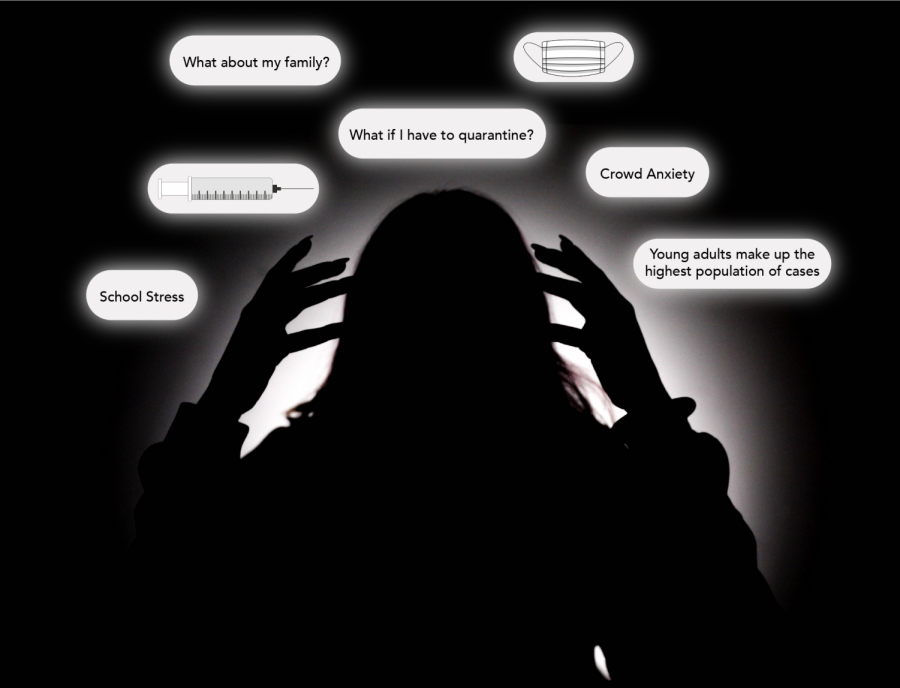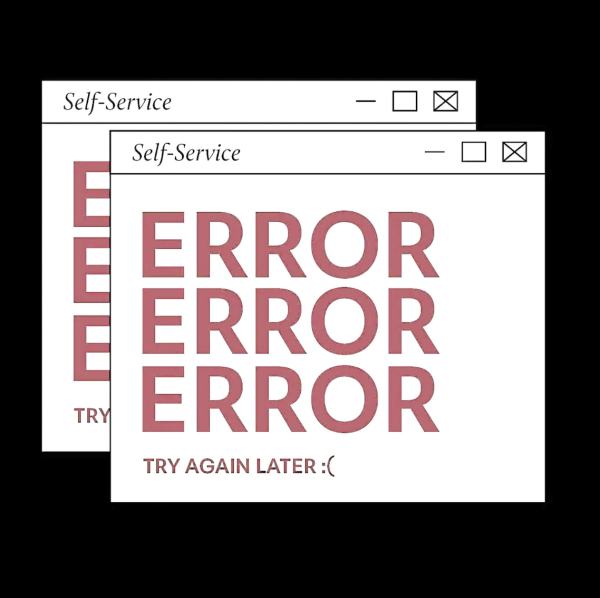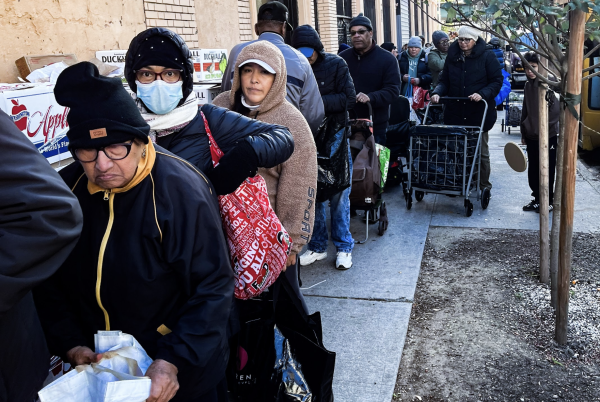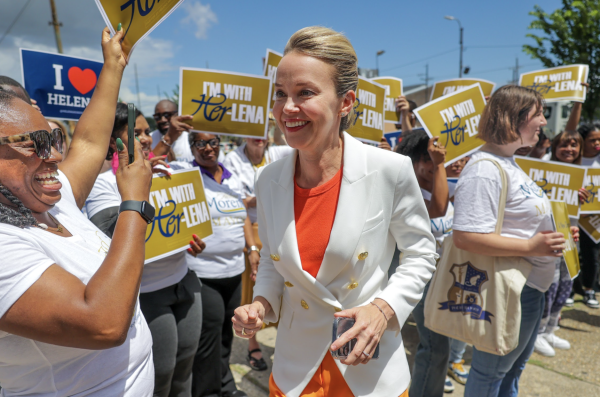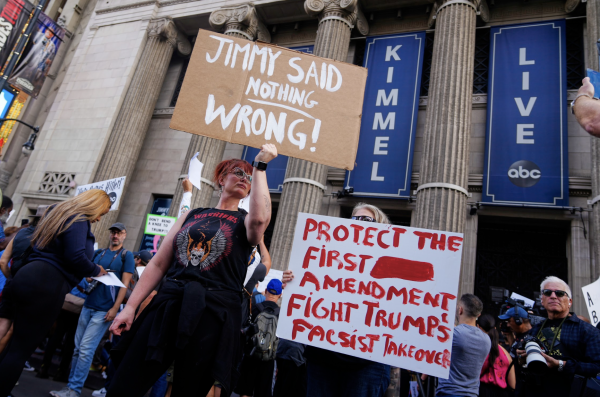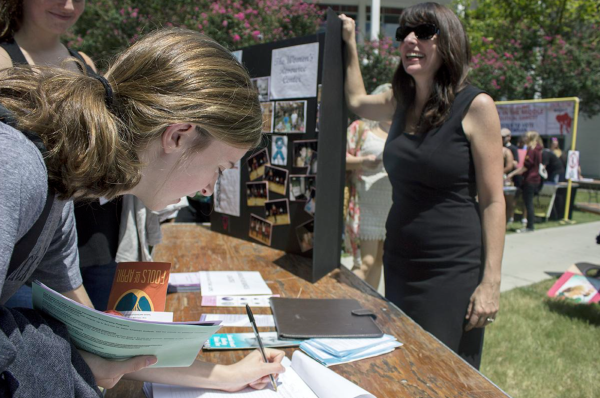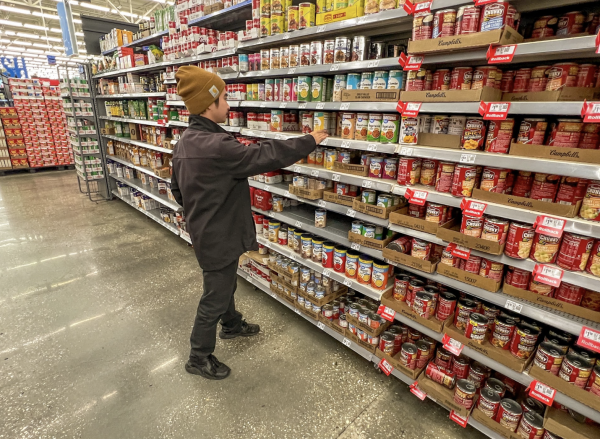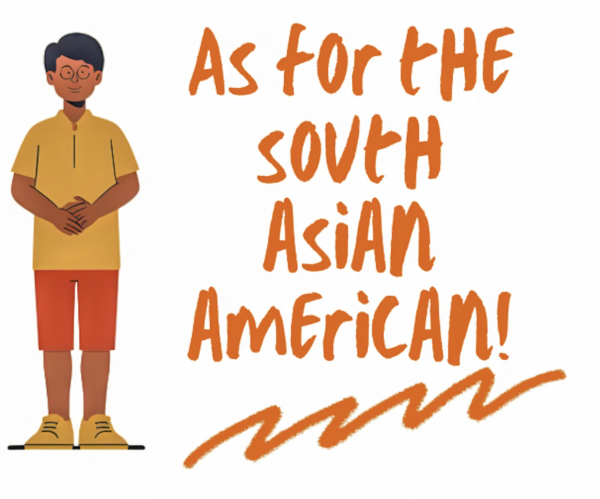How do we transition to a “post pandemic” world?
After almost two years of the pandemic, there seems to be no new normal at all. But the transition back to a full capacity campus is beginning to look increasingly daunting, and we’re scared of what’s to come. Many of us aren’t fully prepared to enter a “post-pandemic” world, despite the support that Loyola is planning to provide us.
In Spring of 2020, we were forced to transition to online learning. We grew accustomed to classes in our bedrooms, We got used to staring at a sea of black boxes, with little to no interaction with our peers. Many of us had no classes in person, and the ones we did were small and impersonal. Instead of group discussions, we posted in comment threads. Instead of office hours, we booked a Zoom meeting. Instead of voicing our thoughts, we left our microphones on mute. It’s safe to say, we’re out of practice. We had to transition to online classes, and now we’re going to have to transition back.
Change is hard, and we know it’s not just students that are feeling this way. Our professors are intimidated by this transition, too. People from all professions are experiencing severe pandemic-related anxiety that’s making everyday life feel dangerous. Our sense of normalcy has been warped that the lives we used to live feel outlandish and scary.
The swarms of people flooding the streets and campus make us feel suffocated after so long without crowds. The idea of having to speak in front of a class is nauseating after sending emails and messages via Zoom for more than a year. Many of us are terrified of unmasked and unvaccinated carriers of the virus, making simple conversation dangerous to our health.
It’s normal to be experiencing anxiety, and misery loves company. We’re all going through the same transition, but you’re not alone. While it’s not a perfect fix, there are some resources that have helped us. Whether you’ve been economically impacted, are having a hard time coping, or just need a shoulder to lean on, help is here.
If you’ve been financially affected by the pandemic, the university offers support options that are available to all students. Iggy’s Cupboard, located on the bottom floor of the Danna Center, is a free food pantry available to all Loyola students. If you’re having a difficult time with transportation, Havoc’s Help Desk, also on the bottom floor of the Danna Center, offers free one to five day streetcar passes to help you get to campus or work.
The University Counseling Center offers free in-person and virtual services. They have case managers who can help you navigate filing for Supplemental Nutrition Assistance Program benefits or health insurance.
If you’re still a little nervous about human-to-human communication, the center also offers live-streamed anxiety management workshops. While this semester will be busy, your mental health is the most important thing.
We understand that the university is planning to take measures to keep us safe, but we also want the university to understand that many of us are still uncertain. The Centers for Disease Control still recommend social distancing to mitigate the spread of COVID-19, but this year, social distancing isn’t required – and we have a record-breaking freshman class. With guidelines and protocols released at the last minute and unvaccinated students roaming campus, Loyola can’t expect us to be confident in the transition back to normal.
While the need to isolate and keep our circles limited has been drilled into our heads for two years, we need to start reaching out again. We need to be aware of each other’s struggles and stand in solidarity. We’re not in this alone; the pandemic has irreversibly changed all of our lives, and it’s normal to be scared.
There are resources available to you, and the Jesuit value of “cura personalis” is the heart of Loyola. “Cura personalis” is about recognizing that every aspect of our beings, physical, spiritual, mental, and emotional, all deserve nurturing and attention. During this uncertain transition with rapidly changing guidelines, we must apply this level of grace to ourselves.
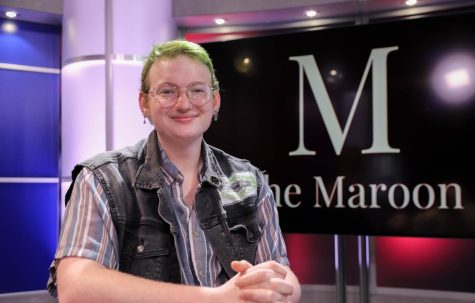
Oliver Bennett is a mass communications journalism and sociology major from Dallas, Texas and Natchitoches, Louisiana. This semester, he’s excited to...


